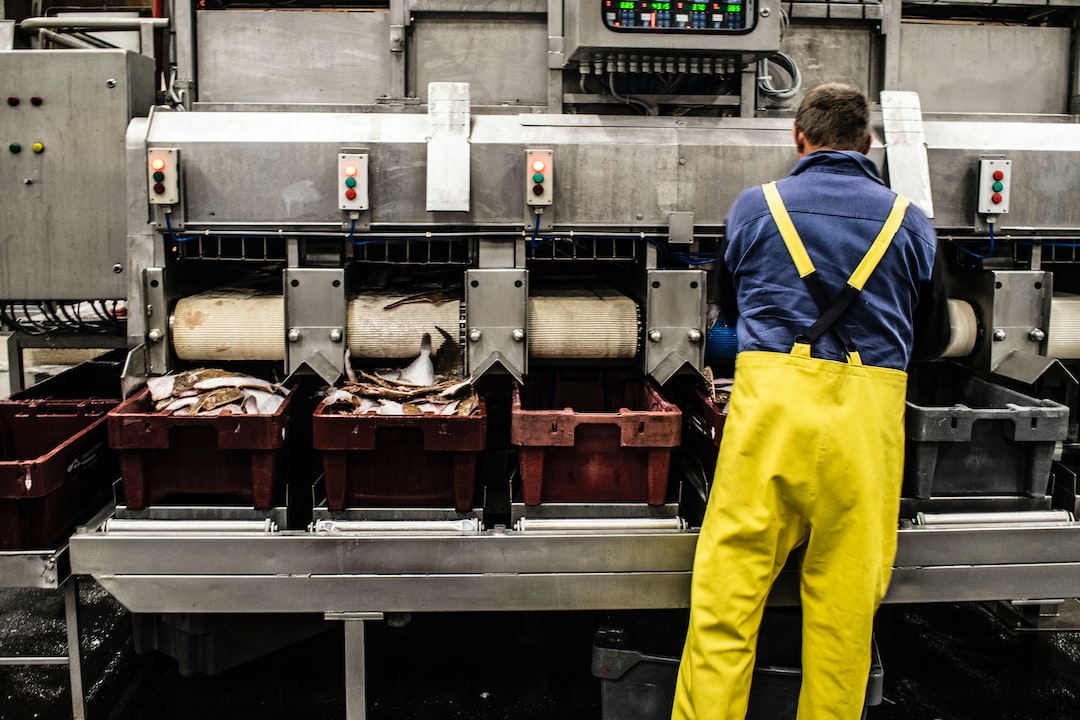The manufacturing industry has been one of the main pillars of economic growth in many countries around the world, providing jobs and creating economic opportunities for millions of people. This industry is highly dependent on the free flow of goods and materials across borders, and any disruption to this flow can have serious consequences for manufacturers. One of the biggest disruptions in recent years has been the imposition of tariffs on imported goods, which has had a significant impact on the manufacturing industry.
Tariffs are a type of tax imposed by a government on imported or exported goods, with the aim of protecting local industries and promoting economic growth. While tariffs have been used for centuries as a tool for economic policy, the recent trade wars between the United States and China, and other countries, have led to a wave of new tariffs that have thrown the manufacturing industry into turmoil.
One of the main impacts of tariffs on the manufacturing industry is increased costs. When a tariff is imposed on an imported good, the price of that good goes up, which can significantly increase the cost of production for manufacturers that rely on imported materials or components. This, in turn, can lead to higher prices for consumers, as manufacturers pass on these increased costs to their customers. The result is a lose-lose situation for both manufacturers and consumers.
Another impact of tariffs on the manufacturing industry is decreased competitiveness. When the cost of imported materials and components goes up, manufacturers that rely on these inputs are put at a disadvantage compared to manufacturers that use local or cheaper inputs. This can lead to a decrease in competitiveness for the affected manufacturers, as they struggle to keep up with competitors that have lower costs of production. In some cases, it can even lead to the closure of manufacturing plants, as companies find it harder to compete in the global market.
In addition to increased costs and decreased competitiveness, tariffs can also lead to supply chain disruptions. When tariffs are imposed, there is often a rush to stockpile goods before they become more expensive. This can lead to shortages of certain goods, particularly those that are imported from countries that are subject to high tariffs. In turn, this can lead to delays in production and increased costs for manufacturers that rely on these goods. For example, if a manufacturer relies on a certain type of steel that is subject to a high tariff, they may struggle to obtain that steel in sufficient quantities, leading to delays in production and increased costs.
It is worth noting that the impact of tariffs on the manufacturing industry is not uniform across all sectors and companies. Some manufacturers are better able to absorb the costs of tariffs and maintain their competitiveness, while others are more vulnerable to the effects of tariffs. Some industries, such as steel and aluminum, have been particularly hard hit by tariffs, as they rely heavily on imported inputs and face intense global competition. Other industries, such as pharmaceuticals and aerospace, may be less affected by tariffs, as they are less reliant on imported materials and have higher profit margins.
The impact of tariffs on the manufacturing industry is not just economic, it is also social. The manufacturing industry is a major employer in many countries, and any disruption to this industry can lead to job losses and economic instability. When manufacturers struggle to compete in the global market due to tariffs, they may be forced to cut jobs or move production to countries with lower costs of production. This can have a ripple effect on local economies, as the support industries that rely on the manufacturing sector also suffer.
In conclusion, the impact of tariffs on the manufacturing industry is significant and complex. Tariffs can lead to increased costs, decreased competitiveness, supply chain disruptions, and job losses. While some manufacturers may be better able to weather the effects of tariffs than others, the overall impact on the manufacturing industry is generally negative. As such, it is important for governments to carefully consider the trade-offs involved in imposing tariffs, and work to find alternative ways to promote economic growth and protect local industries.
